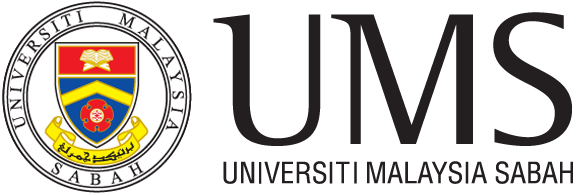
WELCOME TO THE OFFICIAL SITE OF UMS OPEN SCIENCE
This is the official site of UMS OPEN SCIENCE UNDER THE ERASMUS+ CBHE action, entitled: OPEN-ASIA: Boosting engagement of HEIs in Open Science in India and Malaysia - Project Reference No. 101128493
This project has been funded with support from European Commission, within ERASMUS+ programme. The Europran Commission support for the production of this website does not constitute and endorsement of the contents which reflects the views only of the authors, and the Commission cannot be held responsible for any use which may be made of the information contained therein.
The OPEN-ASIA project is a collaborative effort aimed at fostering the digital economy and connectivity in India and Malaysia through the advancement of Open Science (OS) principles and values. The project recognizes the importance of coordination effort to support private and public investment in digital infrastructure and bridge the digital divide, particularly in remote areas. While both countries have shown initiatives in embracing OS principles, there's a need for coordinated regulatory approaches and legislative support to make these effort more effective globally.
The project focuses on improving institutional OS policies and practices through legislative changes, enhancing researches' competencies through pratical training, and fostering regional cooperation in line with EU development in higher education. It acknowledges that while bottom up innovations are essential, they need to ber complemented by top-down incentives and policies to achieve wide-scale adoption of OS prctices. Additionally, there's recognition that cultural change within the scientific community is necessary for normalization of OS practices.
To address these challenges, the project proposes the establishment of a network of local OS-Hubs. These hubs will serve central points for identifying obstacles hindering scholars from adopting OS practices and providing the necessary support to foster cultural change at the university level. By facilitating collaboration and sharing best practices, the OS-Hubs can play a vital role in driving the adoption of OS principles in the academic community.
This project has been funded with support from European Commission, within ERASMUS+ programme. The Europran Commission support for the production of this website does not constitute and endorsement of the contents which reflects the views only of the authors, and the Commission cannot be held responsible for any use which may be made of the information contained therein.
The OPEN-ASIA project is a collaborative effort aimed at fostering the digital economy and connectivity in India and Malaysia through the advancement of Open Science (OS) principles and values. The project recognizes the importance of coordination effort to support private and public investment in digital infrastructure and bridge the digital divide, particularly in remote areas. While both countries have shown initiatives in embracing OS principles, there's a need for coordinated regulatory approaches and legislative support to make these effort more effective globally.
The project focuses on improving institutional OS policies and practices through legislative changes, enhancing researches' competencies through pratical training, and fostering regional cooperation in line with EU development in higher education. It acknowledges that while bottom up innovations are essential, they need to ber complemented by top-down incentives and policies to achieve wide-scale adoption of OS prctices. Additionally, there's recognition that cultural change within the scientific community is necessary for normalization of OS practices.
To address these challenges, the project proposes the establishment of a network of local OS-Hubs. These hubs will serve central points for identifying obstacles hindering scholars from adopting OS practices and providing the necessary support to foster cultural change at the university level. By facilitating collaboration and sharing best practices, the OS-Hubs can play a vital role in driving the adoption of OS principles in the academic community.
PROJECT PARTNERS










